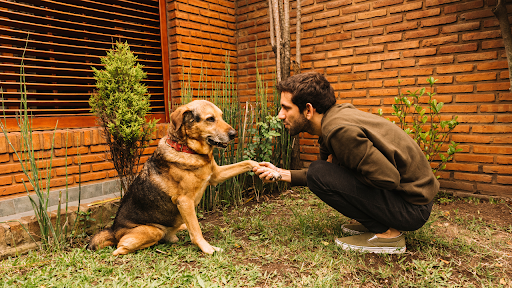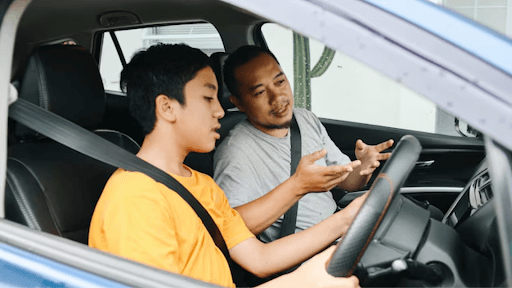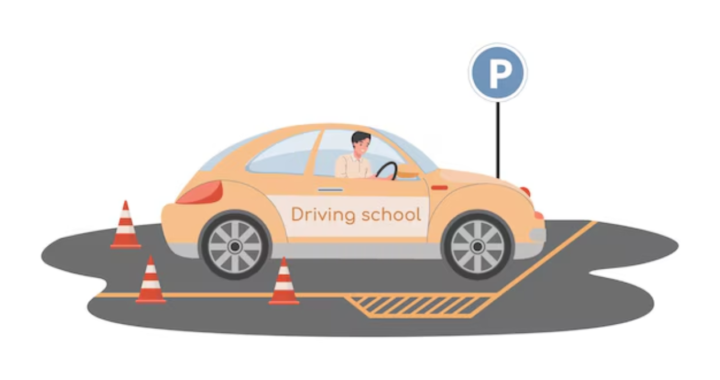How Behavior Modification Stops Your Dog’s Bad Elimination

Dealing with a dog that eliminates inappropriate behaviour can be both frustrating and challenging, but the good news is that behaviour modification for dogs offers practical solutions. Whether your furry friend has a habit of peeing on the carpet or marking their territory indoors, these behaviours can be corrected with the right approach. In this article, we’ll dive into ten exciting and creative ways behaviour modification can help curb your dog’s lousy elimination habits, ensuring a happier and cleaner home for both of you.
1. Unlocking the Mystery: Why Does My Dog Do This?
Before tackling impaired elimination, it’s crucial to understand why your dog is doing it in the first place. Is it anxiety? A medical issue? Or is it just a lack of proper training? Uncovering the root cause can tailor your behaviour modification strategy to address the issue. Think of it as detective work that leads to a happier pup and a cleaner house!
2. The Power of Routine: Turning Your Dog into a Clockwatcher
Dogs thrive on routine; nothing like a well-established schedule helps eliminate bad habits. By setting consistent feeding, walking, and bathroom times, you can train your dog to expect potty breaks at regular intervals. This reduces accidents and builds a sense of security and predictability in your dog’s life.
3. Treats, Praise, and Play: Making Potty Time a Party
Who says potty training has to be boring? With positive reinforcement, you can turn every successful bathroom break into a celebration. When your dog eliminates in the right spot, shower them with treats, praise, or a fun play session. Over time, they’ll associate going outside with positive experiences, making indoor accidents a thing of the past.
4. Zen Mode: Calming Your Dog’s Anxiety for Better Bathroom Habits
Anxiety and stress are common culprits behind inappropriate elimination. Dogs that feel anxious may have accidents indoors, especially when left alone. Behaviour modification techniques like desensitization and counter-conditioning can help reduce your dog’s anxiety, making them feel more secure and less likely to have accidents when you’re not around.
5. Crate Sweet Crate: Using Crate Training as a Potty-Training Tool
Crate training isn’t just for puppies—it’s a powerful tool for teaching dogs of all ages proper elimination habits. Dogs naturally avoid soiling their sleeping area, so a crate can help them learn to hold it until they’re in the right place to go. When used correctly, crate training can be a game-changer in your dog’s behaviour modification journey.
6. The Sneak Peek: Catching Your Dog in the Act
There’s nothing more effective than catching your dog in the Act of eliminating indoors. You can show your dog exactly where they should go with quick, gentle correction and redirection. This hands-on approach is a cornerstone of behaviour modification and helps your dog learn the proper habits faster than expected.
7. Scent-Be-Gone: Erasing the Evidence to Prevent Repeat Offenses
Dogs have a powerful sense of smell, and lingering odours can encourage them to repeatedly eliminate in the same spot. Cleaning up accidents and using pet-safe odour eliminators can make a big difference. Behaviour modification includes managing your dog’s environment to prevent them from being tempted to repeat bad habits.
8. Marking Their Territory: Taming the Urge to Claim Everything
Is your dog marking their territory indoors? This behaviour can be frustrating, but instincts often drive it. Neutering your dog and reinforcing leadership through training can help reduce the urge to mark. Behaviour modification teaches your dog that marking is unnecessary, especially within the comfort of their own home.
9. Vet Check: Ruling Out Medical Mysteries
Sometimes, lousy elimination isn’t a behavioural issue—it’s a medical one. Conditions like urinary tract infections or bladder stones can cause accidents. Before diving into behaviour modification, getting your dog checked by a vet to rule out any underlying health problems contributing to its accidents is essential.
10. Patience Pays Off: The Long Game of Behavior Modification
Behaviour modification isn’t a quick fix, but it can yield excellent results with patience and persistence. Celebrate small victories and stay consistent with your training efforts. Over time, your dog will develop better habits, and you’ll enjoy a cleaner, happier home. Remember, the journey may be long, but the rewards are well worth it!
Conclusion
Bad elimination habits can be a source of stress for you and your dog, but with the proper behaviour modification techniques, you can turn things around. Understanding the root causes, establishing a consistent routine, and using positive reinforcement help your dog develop proper bathroom behaviour. Behaviour modification for dogs takes time, creativity, and patience, but the result—a well-trained, happy dog—is worth every effort.






